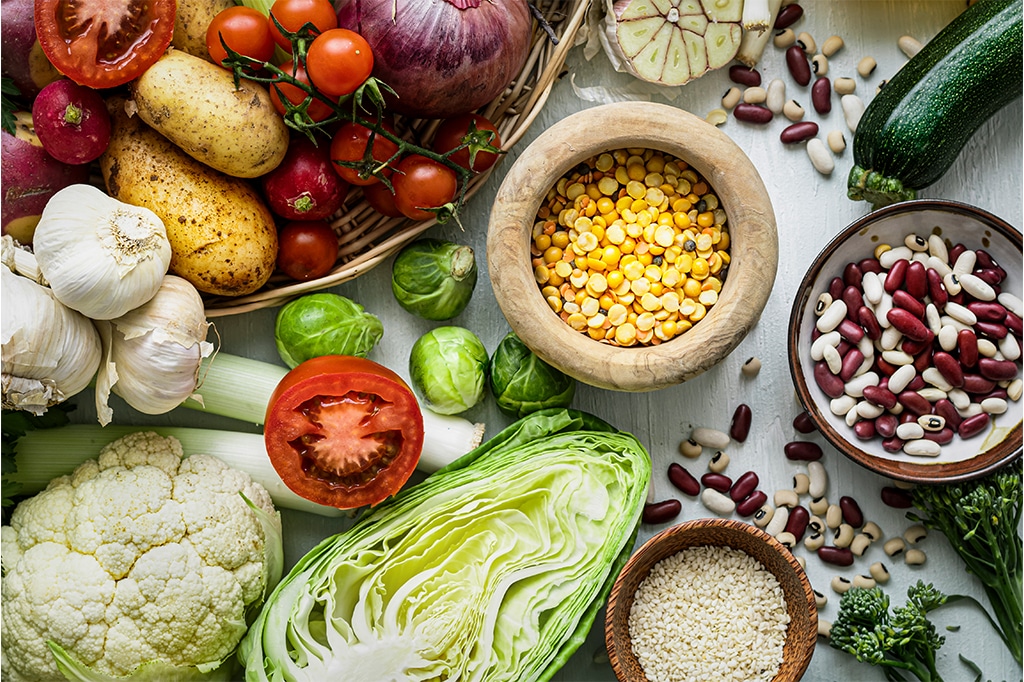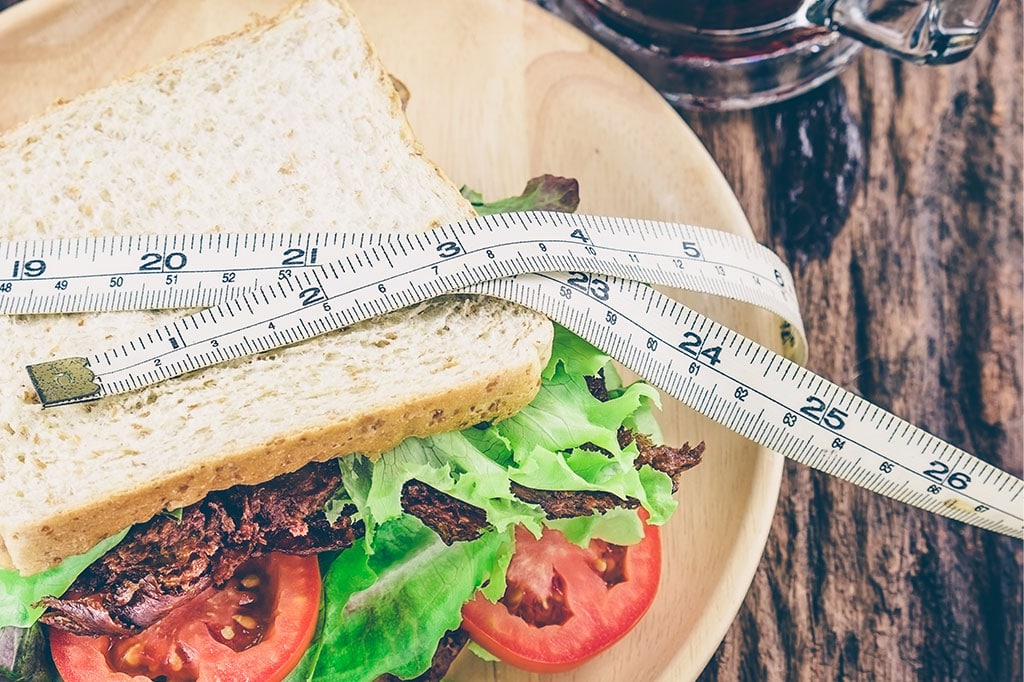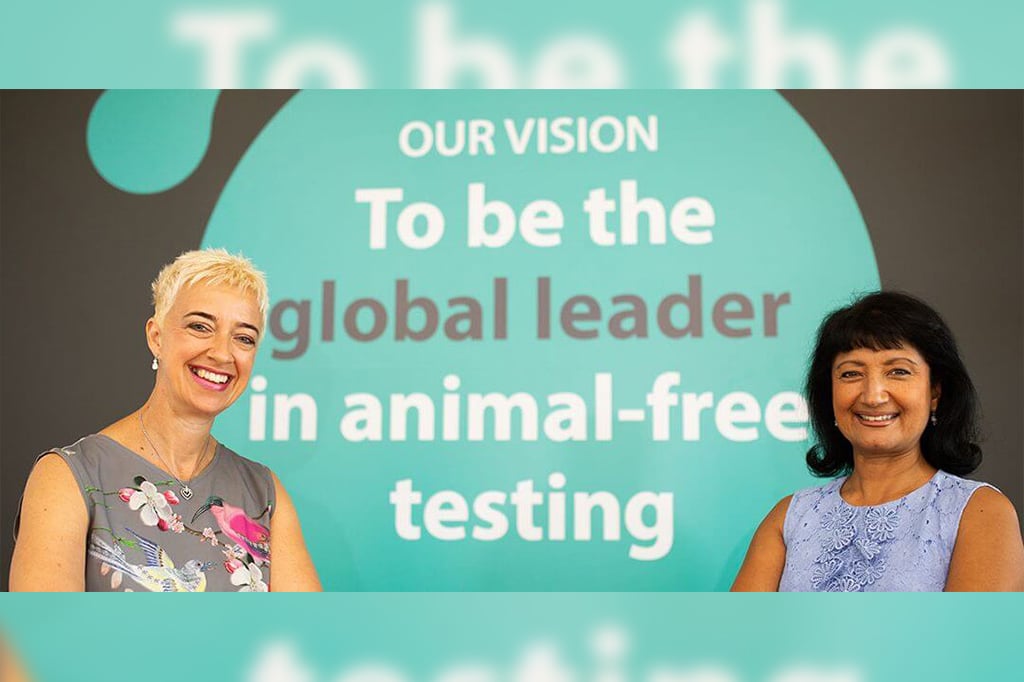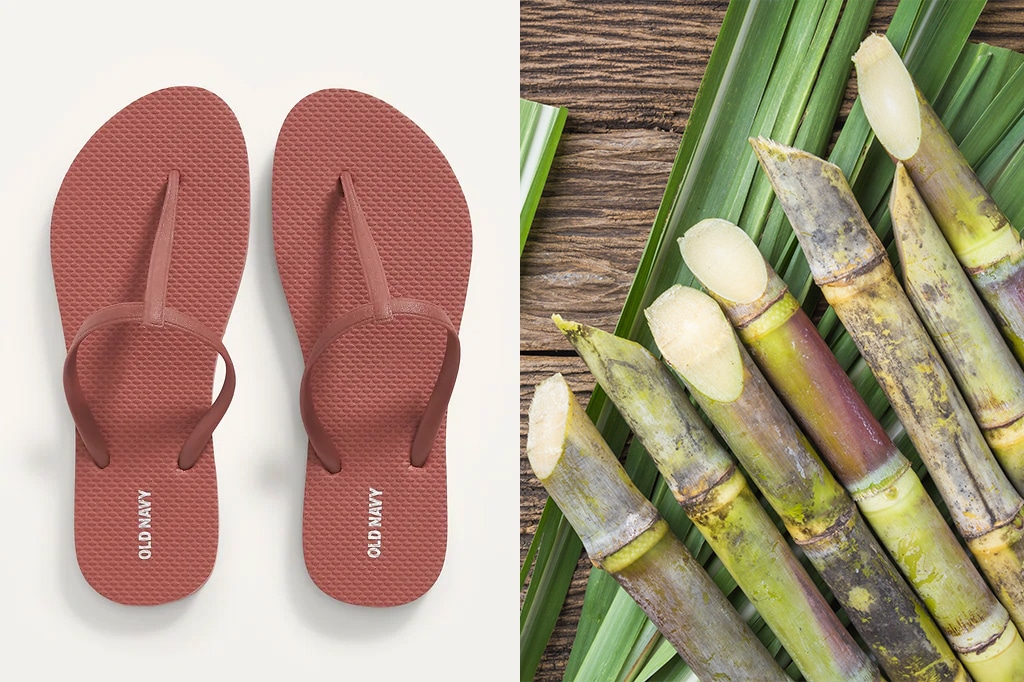Is your wardrobe long-lasting? Here’s why what we wear now is more important than ever.
Shein, the ultra-fast-fashion retailer, was valued at $100 billion earlier this month. Shein’s business strategy may appear remarkable at first glance, given that it was just founded roughly a decade ago, yet it is harming the environment.
To make a profit, Shein focuses on creating low-cost garments at a high rate, generally using plastic-based materials. It then sells clothing to customers at low costs and strongly promotes a shopping attitude in which customers are constantly buying.
While Shein is one of the most successful, he isn’t the only one. This strategy is used by H&M, Zara, Boohoo, PrettyLittleThing, and Cider, among others. Every year, 60 billion pieces of apparel and accessories are purchased throughout the world. However, according to a 2015 research, they will only be worn seven times before being discarded.
The majority of these objects will be burnt or thrown away. Polyester, on the other hand, is a plastic-based textile that is popular among fast fashion firms. This means they take a long time to biodegrade, and when they do, they pollute the environment, affecting both humans and animals.
Microplastic pollution made by polyester
Polyester is a disaster for the environment. One research published in 2020 revealed that microplastic contamination has reduced the population of microscopic organisms living beneath the soil’s surface, such as mites and larvae. Plastics have also been seen seeping into nearby rivers, posing a serious threat to the creatures who rely on them for survival.
However, the dangers of polyester extend far beyond waste soil. Before being thrown out, garments are frequently given a few spins in the washing machine. Last year, a study indicated that polyester accounts for around 75% of microplastic pollution in the arctic, with much of it likely arriving via the laundry.
Shop for eco-friendly clothes labels.
Fast fashion has a variety of negative effects on ecosystems and the environment. It contributes to deforestation (see: the leather business) and greenhouse gas emissions in addition to trash and plastic pollution. In fact, the worldwide fashion business is responsible for up to 10% of yearly emissions when it comes to the latter. And things are just getting worse.
“If we continue on our current course, greenhouse gas emissions from the sector are predicted to climb by about 50% by 2030,” Elisa Tonda, the head of the UN’s Consumption and Production Unit, warned in 2019.
However, as customers, we are not obligated to partake in business as usual. To begin with, we may buy fewer garments and wear them repeatedly to decrease waste. We may also thrift, borrow, and look for used stuff on sites like eBay and Depop. However, if we do decide to purchase anything new, we may do so in an environmentally friendly way. And, thankfully, there are more vegan, low-waste, ethical fashion options than ever before. Here are a few of our favorites.
- OhSevenDays
Megan Mummery established OhSevenDays to help you make your wardrobe essentials sustainable after a trip through Istanbul’s textile sector led her to an untapped source of deadstock (unused or rejected fabric from the fashion industry).
The designs of the Turkey-based label are stylish, sunny, and adaptable. Take, for example, the Reese Reversible Blouse. It may be dressed up or down depending on whether you wear it with a tailored skirt and heels or a pair of jeans and your favorite vegan sneakers.
- Boyish
Boyish, based in California, focuses on providing sustainably made denim at an “affordable pricing range.” The brand emphasizes durability, guaranteeing that the quality and fit are of a high standard and will last for years in your closet.
The Monty Shorts from the company are a great addition to your summer collection. They’re created from recycled cotton, Refibra (produced from recycled scraps), and Tencel, among other low-waste, ecological materials (derived from eucalyptus trees). Simply pair with a basic shirt and sandals for a laid-back, beach-ready outfit.
- Lucy & Yak
Lucy & Yak is known for its eccentric dungarees, but the brand is equally committed to ethics and sustainability as it is too bright, vibrant patterns. Its whole supply chain pays a living wage. Fast fashion businesses, on the other hand, have been chastised for exploiting the factory workers who produce their garments. (Shein’s suppliers were discovered to be working 75-hour weeks for very little compensation last year, according to an inquiry.)
Lucy & Yak’s vivid patterns, like this sunflower-printed Asahi Nagata & Yak Limited Edition Dungaree, are made of organic twill and organic cotton, as well as low-impact dyes.
- Nu-In
Nu-In is for you if you like rapid fashion but don’t like how it affects people and the environment. For a slightly lower price point than other sustainable manufacturers, the brand provides a choice of on-trend styles (such as this Organic Tie Back Ribbed Knitted Mini Dress and this Recycled Rushed Frill Mini Skirt).
However, while it may have a quick fashion style and the odd bargain, the connection ends there. Nu-In is an outspoken opponent of the fast fashion business model, encouraging people to buy less and wear more. “We do not condone flash sales that encourage impulse purchase of products that may not be needed or wanted and are thus abandoned,” it says on its website.
It goes on to say that individuals should “think whether they truly want to purchase the thing rather than purchasing it simply because it’s on sale,” and that they should “take the time to examine if they really want to buy the item rather than buying it just because it’s on sale.”
- Christy Dawn
Are you looking for a vintage-inspired, exquisite, and long-lasting dress to add to your closet (wedding season is approaching, after all)? A nice place to start is with Christy Dawn. All of the designs from the Los Angeles-based label (like this gorgeous daisy-printed Laura Dress, for example) are made with deadstock fabric or organic cotton in mind.
In addition, the brand’s Farm-to-Closet project supports a network of local artisans and farmers in Erode, India, who assist to rejuvenate the land and cure depleted soil.
- Tala
Tala is a comfortable, high-performance, sustainable, and ethical option for gym-goers. Tala’s sportswear (from sports bras like this Ixia Seamless Zip option to flared yoga trousers like these) is made in a transparent supply chain, where suppliers and manufacturers are rigorously verified to ensure employees are treated and paid properly.
Q-Nova (made from regenerated waste materials), Lyocell (produced from wood pulp), and bamboo are some of the fabrics available. Additionally, all of its tags are supplied with seeds for herbs, flowers, or spices as a sustainable bonus.








